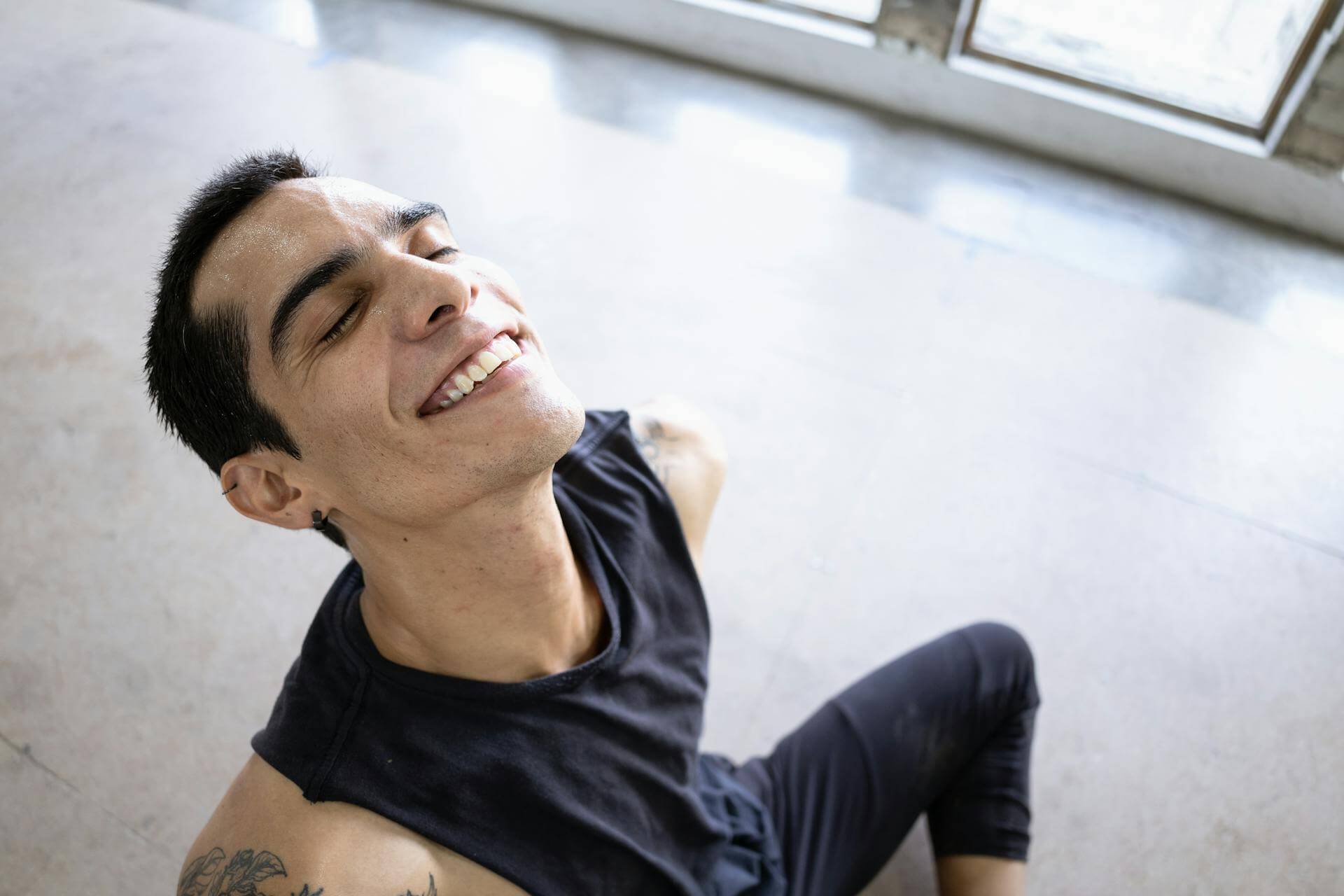
Imposter Syndrome in Yoga Teaching: What It Is and How to Move Through It
You step off your mat after guiding a heartfelt class and yet a voice whispers, “Who am I to teach yoga?” Sound familiar? You’re not alone. Many yoga teachers—new and seasoned—wrestle with imposter syndrome. That sense that you’re somehow not enough. Not experienced enough, not spiritual enough, not bendy enough. It’s that internal doubt that questions your right to lead others in their practice. But here’s the truth: you don’t have to be perfect to be a great yoga teacher. You just have to be human.
Why Authenticity Matters More Than Perfection in Yoga Teaching
Yoga isn’t about touching your toes. It’s about what you learn on the way down. Your students don’t come to you for flawless Sanskrit pronunciation or the most acrobatic arm balance. They come to you because you're relatable, honest and real. They come because you offer a safe space to breathe, move and be human—just like you. So why do we, as yoga teachers, feel like we’re not “worthy” unless we’ve mastered every aspect of the yogic path?
Why Do Yoga Teachers Experience Imposter Syndrome?
Imposter syndrome often thrives in spaces that involve emotional connection, creativity and leadership. Exactly the kind of space yoga teachers hold.
Here are a few common reasons yoga teachers experience these feelings:
• Perfectionism – Holding yourself to impossibly high standards can make anything less than flawless feel like failure. One small mistake in class? Suddenly it feels like you’re not qualified to teach.
• Fear of Being Exposed – That inner voice whispers, “They’ll find out I’m not a real yoga teacher.” Even with training and experience, imposter syndrome convinces you that you’re faking it.
• Heart-Centered High Achievers – Yoga teachers tend to be empathetic and deeply committed. That passion can sometimes morph into pressure to be exceptional at all times.
• Comparison Culture – Scrolling through social media can be a fast track to self-doubt. When you see polished photos, packed classes and perfect yoga content, it’s easy to think, I’ll never measure up.
• Transitions and New Roles – Starting out, switching studios or launching your own classes can stir up feelings of inadequacy. New beginnings often come with shaky confidence.
• Lack of Representation – If you don’t see teachers who look like you or share your story, it can reinforce the false belief that you don’t belong in the yoga world.
• Cultural or Childhood Conditioning – Sometimes, things we learned growing up. Like needing to be perfect to succeed, can make us doubt ourselves later on.
How Embracing Your Imperfections Makes You a More Powerful Yoga Teacher
Being a yoga teacher doesn't mean you have to be enlightened 24/7. It's okay to have off days, to forget a cue or to admit that you’re still learning. In fact, that's what makes you powerful. When you show up as your full self, you give your students permission to do the same. That’s the heart of yoga. Connection over perfection. Presence over performance. Your unique path, your voice, your way of holding space— that’s your magic. You don't need to be someone else to be a teacher. You just need to be you.

6 Practical Ways Yoga Teachers Can Manage and Overcome Imposter Syndrome
Imposter syndrome might show up at any moment. Before a class, when posting online or even mid-savasana. The key is not to eliminate it completely, but to recognize it, respond compassionately and re-center. Here are a few practical tips to help.
• Name the feeling – Simply saying, “This is imposter syndrome,” can disarm its power. Acknowledge it without judgment.
• Remember your "why" – Reconnect with your purpose. Why did you become a yoga teacher? What lights you up about guiding others?
• Create a “kind words” folder – Save student feedback, thank-you notes or messages that remind you of the impact you make.
• Avoid the comparison trap – Mute, unfollow or take a break from accounts that make you feel less-than. Focus on your unique voice.
• Practice self-compassion – Talk to yourself as you would to a student. Would you tell them they weren’t enough? Then don’t say it to yourself either.
• Use grounding rituals – Breathwork, meditation, journaling or even a few sun salutations can reset your nervous system and bring you back to center.
The more you practice acknowledging and softening imposter syndrome, the less it controls your narrative.
Simplicity Creates Space for Confidence
Another contributor to imposter syndrome is overwhelm. Managing schedules, bookings and studio logistics can build up stress and can take away your confidence. That’s when Momoyoga steps in to support you. Our goal is to simplify the admin side of your business so you can focus on what really matters: teaching from the heart with confidence! With intuitive scheduling, payment handling and student communication all in one place, you can let go of tech stress and reconnect with your teaching purpose. And the best part? You don’t need a tech degree or be the best studio manager to use it. It is simple, accessible and made for humans—just like you!
Let Go of Self-Doubt and Embrace Support
The good news? Imposter syndrome is a sign that you care. It means you’re stepping outside your comfort zone. And with awareness, compassion and support, you can work through it, without letting it define you. You are not your resume or your credentials. You are a guide, a space-holder and a fellow human walking the yogic path. Imposter syndrome may never disappear entirely, but it doesn’t have to rule your practice or your teaching.


